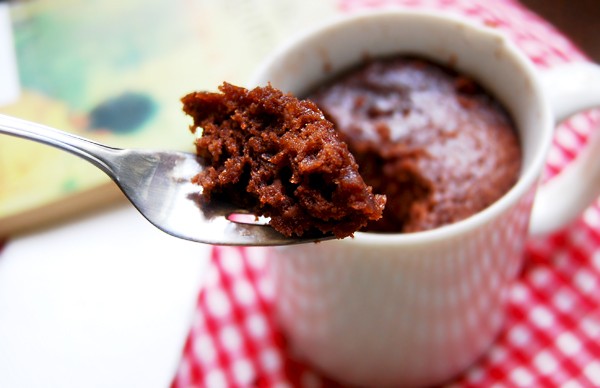
From a habitual smoker to a social smoker, there’s many ways in which quitting smoking might initially shake up your life a little. In particular, you might be wondering how this will impact your social calendar.
Quitting smoking can certainly be a challenge, especially if your friends smoke when you go out. But take a look at this plan of action to help you get through the quitting stage while not quitting your social life!
How smoking and alcohol are linked
Did you know that there’s a link between the act of smoking and the act of drinking alcohol? At the extreme, government data has found that up to 90 per cent of people who are addicted to alcohol will also smoke. Furthermore, smokers have been found to be more likely to drink and have a 2.7 times greater risk of becoming dependent on alcohol than non-smokers do.
Both alcohol and nicotine react similarly on the brain. When it comes to nicotine, the chemical compound will enter the bloodstream as soon as you smoke a cigarette and rapidly get transported to your brain. Once there, the nicotine will stimulate the brain by creating receptors which release chemicals that give a feeling of pleasure. These receptors will increase in number as smoking becomes prolonged and your brain will become reliant on nicotine in order to release these feel-good chemicals.
Although nicotine levels drop quite quickly within 72 hours of quitting, the receptors in your brain don’t. As a result, your brain’s chemistry will react to cause powerful cravings and strong emotional reactions. Persistence is key, as nicotine receptors will go away with time and your brain chemistry should be back to normal within three months of a quit. It can help to give yourself a low dose of nicotine, such as with patches or a 1mg nicotine lozenge, to get through these rough stages.
For alcohol consumption, researchers believe that it stimulates a feeling of pleasure. If true, this reinforces the effects of nicotine on the brain. There are suggestions that nicotine and alcohol will moderate each other’s effects on the brain due to the fact that nicotine stimulates while alcohol sedates.
Quit-smoking journey tips and tricks
You’ve made the choice to quit smoking. But now you face the dilemma of socialising in a scenario where you would have previously had a cigarette. Here’s how to stick to your goals and still have a good time:
Don’t hole up in your house
You don’t need to avoid socialising just because you’ve quit smoking. Everything you did as a smoker, you can do as a former smoker. Holding off too long from social drinking after quitting can create a sense of intimidation. Plus, socialising with friends is an important part of your life. The sooner you teach yourself how to enjoy a drink or two without a cigarette, the sooner you’ll feel like your life is back to normal.
Encourage yourself
Your usual go-to place for drinking and smoking might trigger cravings as you quit. Before leaving the house or in the car, be mentally prepared by saying aloud, “I’m a former smoker.” Or try, “I don’t smoke. I’m healthier and happier without cigarettes.” The main point is to remind yourself that you’re a former smoker and that you don’t need to light up anymore.
Arrange a no-smoking social night
Skip going to the pub and invite your friends to your house instead. You can celebrate your smoke-free success with them. You’ll be able to control what is served which can help stop those triggers and completely avoid cigarettes in your smoke-free home.
Find some non-smoker friends
Non-smoking friends are the best support you can get when you’re quitting. Who you choose to hang out with can help support your ex-smoking status. Slip-ups can occur when quitters are in the company of other smokers who may not be aware of how to support their quit attempt.
Head out with your quit buddy
Do you have a quit buddy? A quit buddy is someone who supports your quit. Should you encounter old smoking friends who ask you to join them, make sure they are aware of your situation so they can be respectful. Not only that, you’ll also have your quit buddy to hang out with.





Leave a Reply